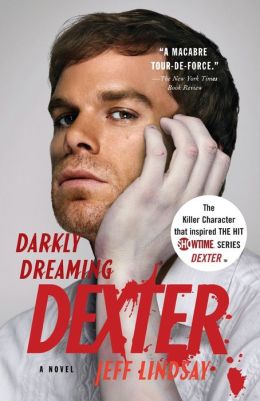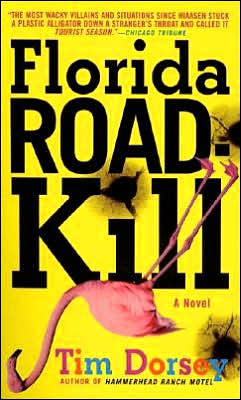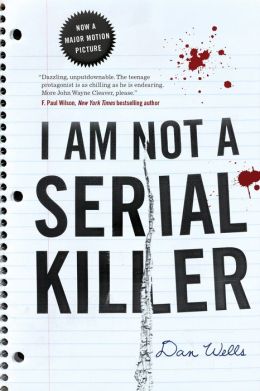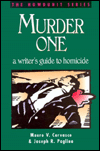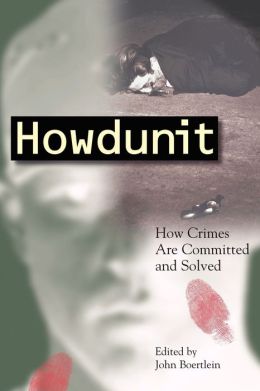 |
| Relaxing Writing |
Lots of Space
The retreat I attended was hosted in a cabin near Sundance, Utah. It was scheduled to run Thursday night through Monday night, with attendees coming and going as time allowed.
Now, the first time I went up there I was thinking:
Cab-in [kab-in]: noun: a small house or cottage, usually of simple designBut this cabin was huge with an enormous amount of rooms. Bedrooms, bathrooms, game room, dining room, sitting room(s), and conversation pit. Fireplaces were everywhere and massive windows looked out at stunning mountain views. So yes, it was an awesome cabin, but for hosting a writing retreat it was absolutely ideal.
Why? Because if you got tired of sitting in one area, you could get up and move to a different area.
What I discovered was that after writing in one place for several hours, I would get tired and need a stretch. So I would walk around for a bit, have some munchies, take some photos, and sit down somewhere else like I'd never written at all that day. Sure some people wrote in one chair all day, but my mind needs variety so I moved around.
What this retreat offered was the opportunity to do both.
Presentations
 |
| Rob Wells discusses the writing life |
For instance, author Robison Wells talked to us about the lessons he's learned about writing. Then he did a second presentation on plot structure. Later that night, author Mette Ivy Harrison did an excellent presentation on dialog. And not to be missed were other presentations on writing Flash and Core fighting scenes, and interrogation techniques.
While presentations are probably not critical to a retreat's success, these stimulated our minds and gave us opportunities to add new tools to our writing toolboxes.
 |
| Shooting pool between sprints |
Games
As I said in the presentation section, you can only write for so long before you need a break. Board and card games were on hand to vent a little after a serious writing binge. What was more, the cabin I was at, had a game room complete with pool & foosball tables.
What To Expect
You should come prepared to work.
I know that may seem common sense, but a few people moaned that they were bored this weekend. While there may be fun moments at a retreat, your purpose there is to nail down your word count, not be entertained.
So I'm suggesting a list of etiquette rules for writing retreats:
- Don't interrupt a room full of writers, who are writing, with mundane questions or comments
- If you are not writing and everyone else is, be considerate and keep quiet
- If there is a presentation, show some respect and attend it--unless you are actually writing
- If there is a presentation, don't hijack it even if you do know more about the topic than the presenter--at the very least, save your comments for the end
- Respect your host's house--treat it better than your own
- Get to know your fellow writers and ask them about their work
- Respect the personal space of others
 |
| Nailing Down The Word Count |
- Pajamas/sleep attire (nobody wants you going commando)
- Toiletries (don't expect your host to provide you everything)
- Books, iPod, games (just in case)
- Writing materials
- Retreat goal (to keep you on task)
- Food budget or food
- Spending cash (just in case)
So what retreats have you attended? What aspects of the retreat did you enjoy most? What did your hosts do differently that made the retreat a success?

